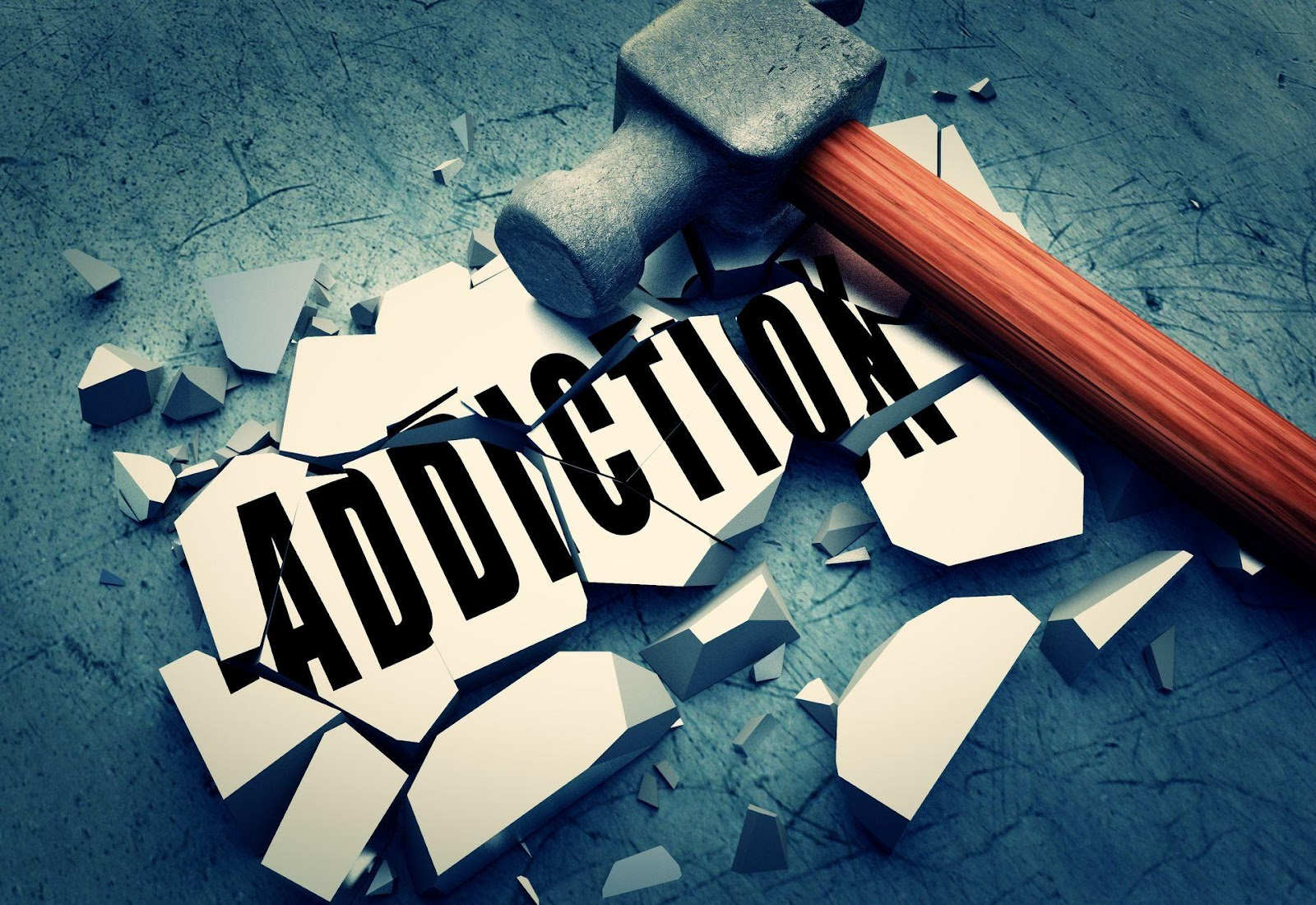
Recovery from substance use and mental health disorders requires more than just willpower. Today’s treatment landscape offers diverse options tailored to individuals’ unique physical and psychological needs. As science and healthcare have evolved, integrated methods like medication assisted treatment have become increasingly common in helping individuals build a path to long-term wellness.
Integrated care refers to a treatment model that addresses both substance use and underlying mental health issues simultaneously. This approach recognizes the complex interplay between psychological conditions and addiction, making dual diagnosis treatment a more holistic path to recovery.
Modern treatment methods rely heavily on evidence-based practices. These include a blend of behavioral therapies, peer support, and regulated medications designed to ease withdrawal symptoms or reduce cravings. This structured framework increases the likelihood of recovery while ensuring patient safety.
Many individuals struggling with addiction also live with mental health conditions such as anxiety, depression, or PTSD. When these conditions occur together, it's essential that both are diagnosed and treated in a coordinated way.
For certain individuals, prescribed medication can serve as a valuable part of the recovery process. When used responsibly and under supervision, it may help reduce cravings, stabilize mood, and prevent relapse—especially during the early stages of sobriety.
Every person’s journey is different, and effective treatment respects that. A quality recovery program typically includes:
This personalized approach ensures that care is aligned with the individual's specific needs, life circumstances, and long-term goals.
Sustainable recovery doesn’t end when formal treatment concludes. Aftercare plays a critical role in helping individuals navigate daily life while staying sober and mentally healthy. Continued support may involve outpatient services, peer support groups, or regular mental health counseling.
Today’s recovery models are more advanced and comprehensive than ever before. By combining behavioral therapy, medical support, and mental health care, individuals are given the tools they need to build a healthier future. Addressing the full scope of addiction and mental health is essential for lasting success.